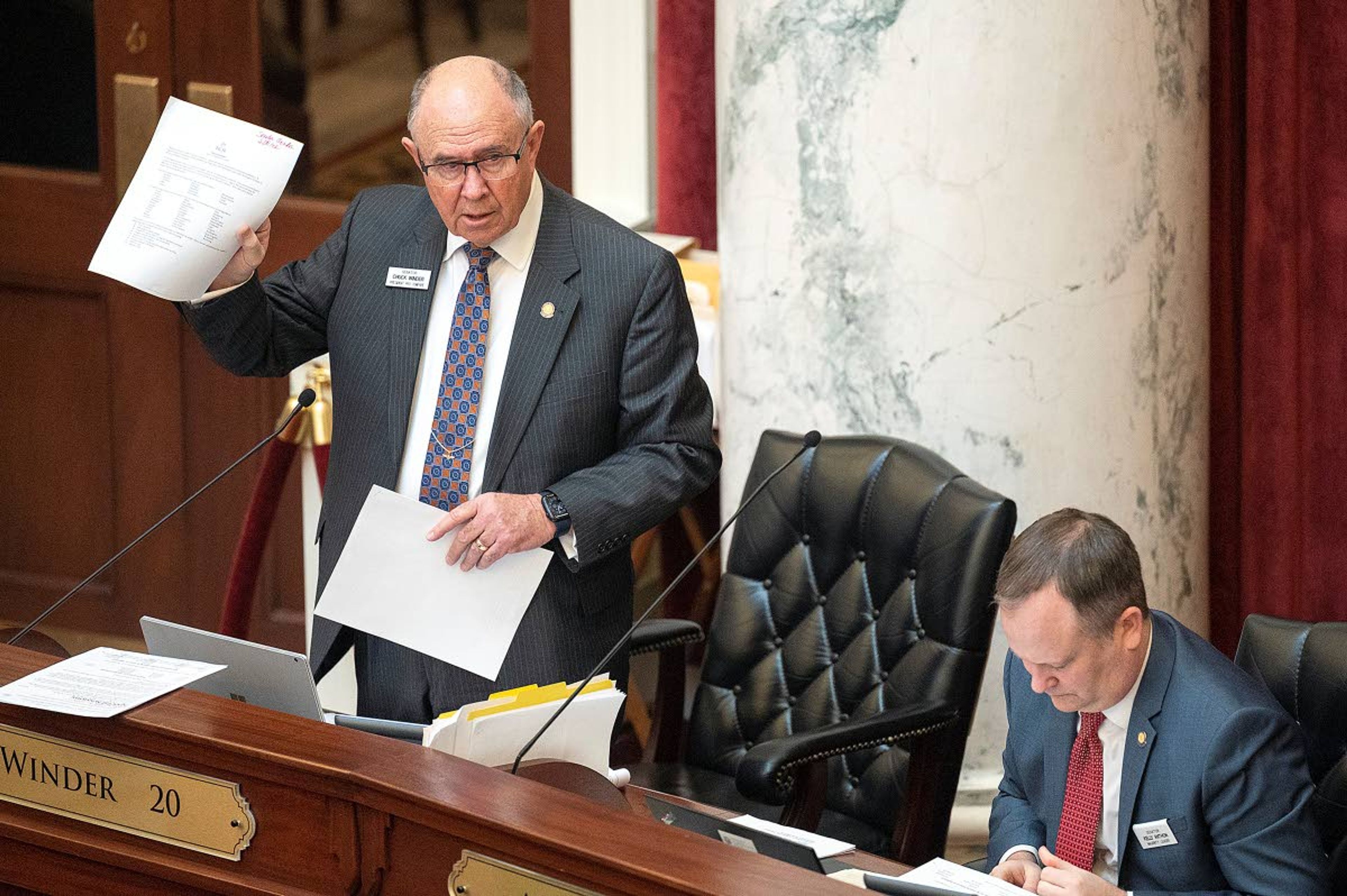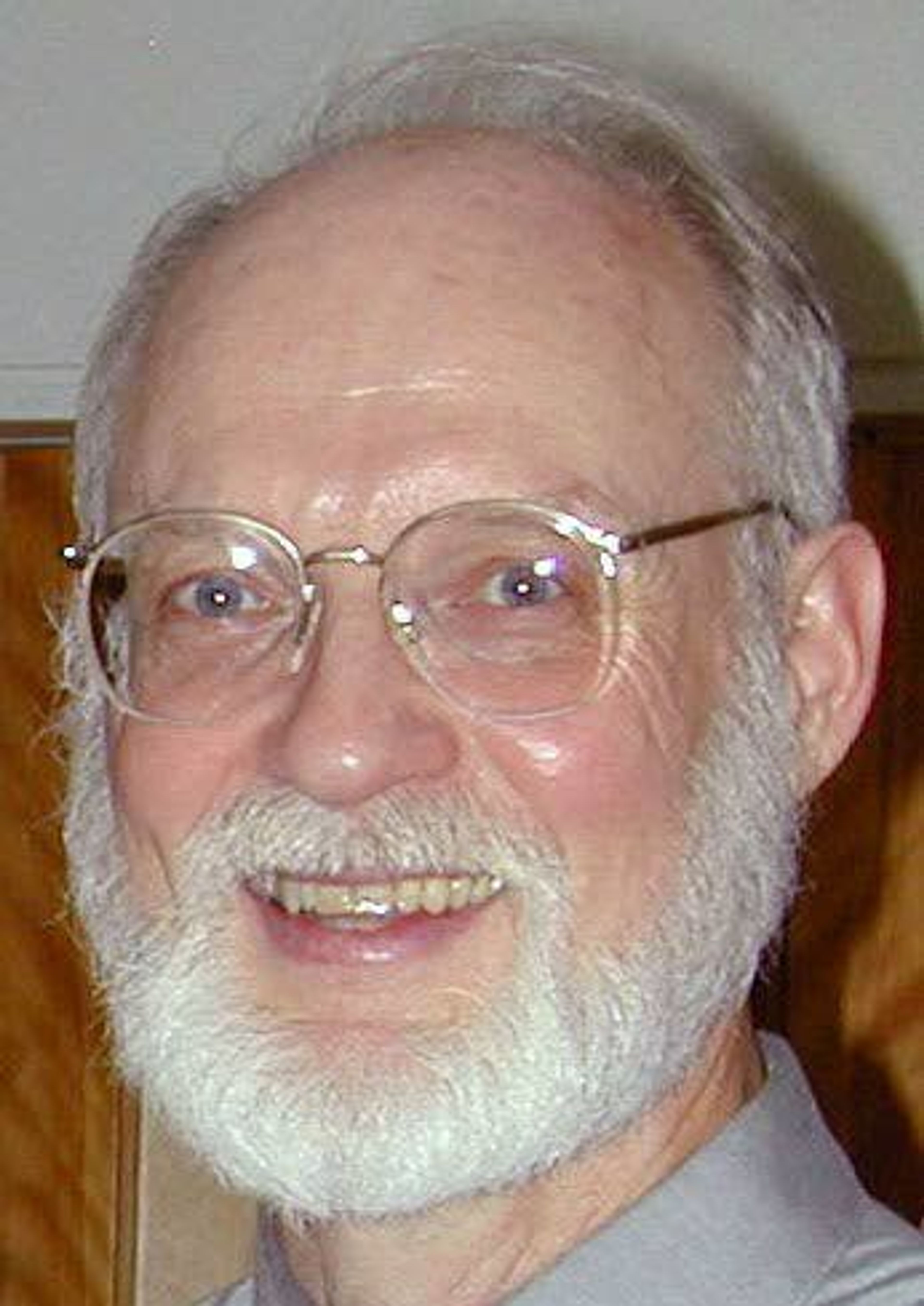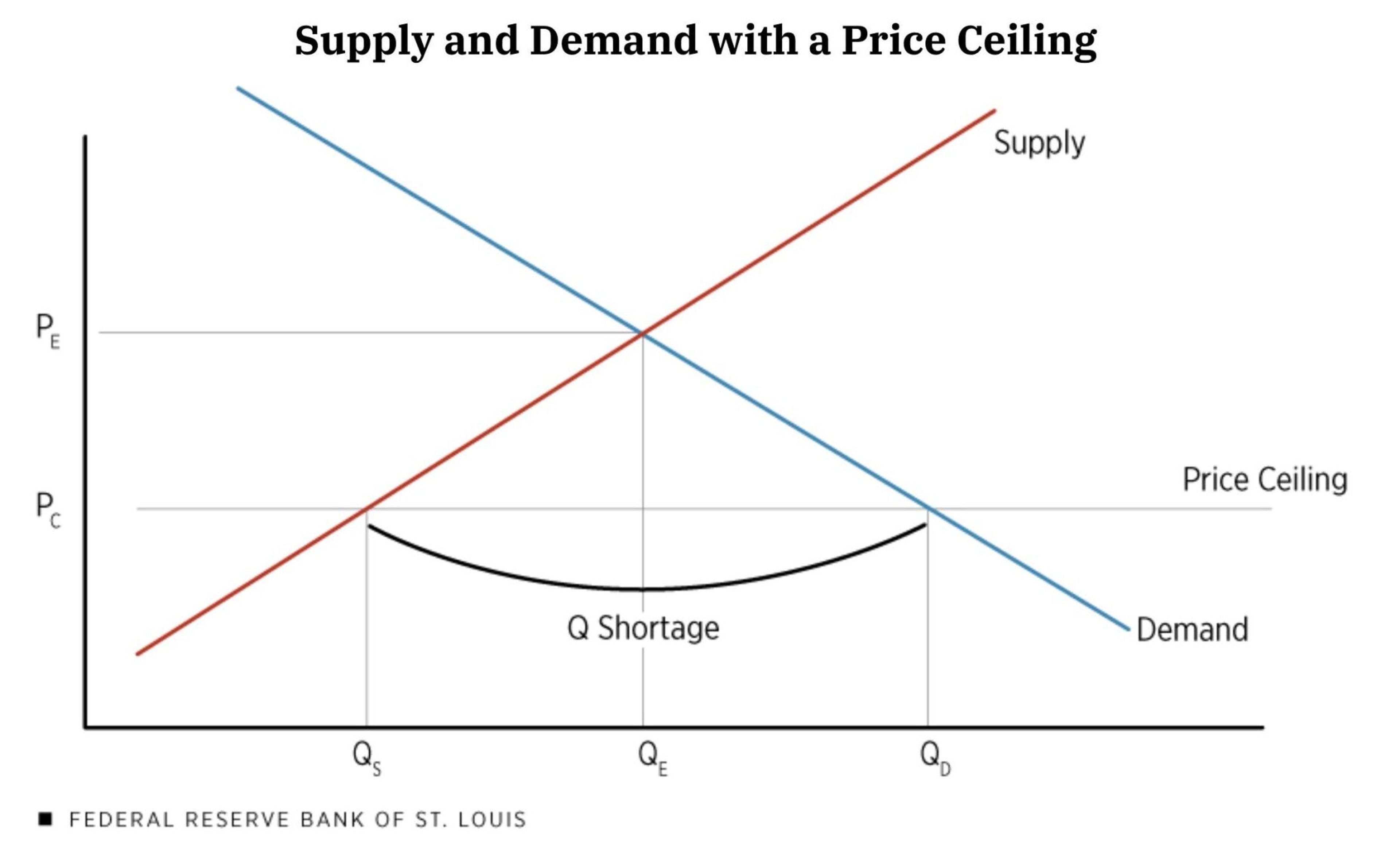Constitutional amendment passes Idaho Senate
If enacted, Legislature would be able to call itself back into session; bill now goes to House
BOISE — A proposed constitutional amendment allowing the Legislature to call itself back into session passed the Idaho Senate with no votes to spare Wednesday.
The measure passed by a margin of 24-11. That was exactly the two-thirds majority needed to advance the resolution to the House for further consideration.
An earlier version of the bill passed the House on a 51-18 vote in January.
Senate Joint Resolution 102 allows lawmakers to call themselves back into session upon receipt of a petition signed by 60 percent of the members of the House and Senate. It also limits the issues that can be considered during a special session to the topics cited in the petition; that was new language that wasn’t included in the initial House version of the bill.
Although lawmakers debated the proposal at length, the outcome was never seriously in doubt. SJR 102 was supported by the entire Senate Republican leadership team, and the Republican caucus as a whole has identified this issue as its top priority for the 2021 session.
Senate President Pro Tem Chuck Winder, R-Boise, said effective governance requires an appropriate balance of power between the legislative, executive and judicial branches of government.
As the Idaho Constitution currently stands, however, the Legislature is at an extreme disadvantage. Only the governor has the authority to call a special session, so there are times — such as last year’s coronavirus pandemic — when lawmakers are unable to represent the interests of their constituents.
Right now, “the Legislature is just a small blip on the radar scope of balance of power,” Winder said.
Sen. Mark Nye, D-Pocatello, noted that Idaho has gotten along quite well for nearly 150 years without giving the Legislature this additional authority.
“Then we had a one-off event with the COVID pandemic,” he said. “In my view, we’re overreacting to a single situation.”
Sen. Dan Johnson, R-Lewiston, was one of four Senate Republicans to oppose the resolution. He felt two-thirds of the House and Senate should sign the petition before the Legislature can call itself back.
“I don’t have any fears about runaway legislation or about having a full-time Legislature, and I know Idaho citizens will have a chance to vote on this,” Johnson said. However, the 60 percent figure “isn’t something I support, and it’s not something I’m willing to compromise on.”
Sen. Carl Crabtree, R-Grangeville, supported the resolution. All seven Senate Democrats, including Sen. David Nelson, D-Moscow, were opposed.
If the proposal passes the House, it will go to voters in the 2022 general election. A simple majority would then be needed to amend the state constitution.
William L. Spence may be contacted at bspence@lmtribune.com or (208) 791-9168.








